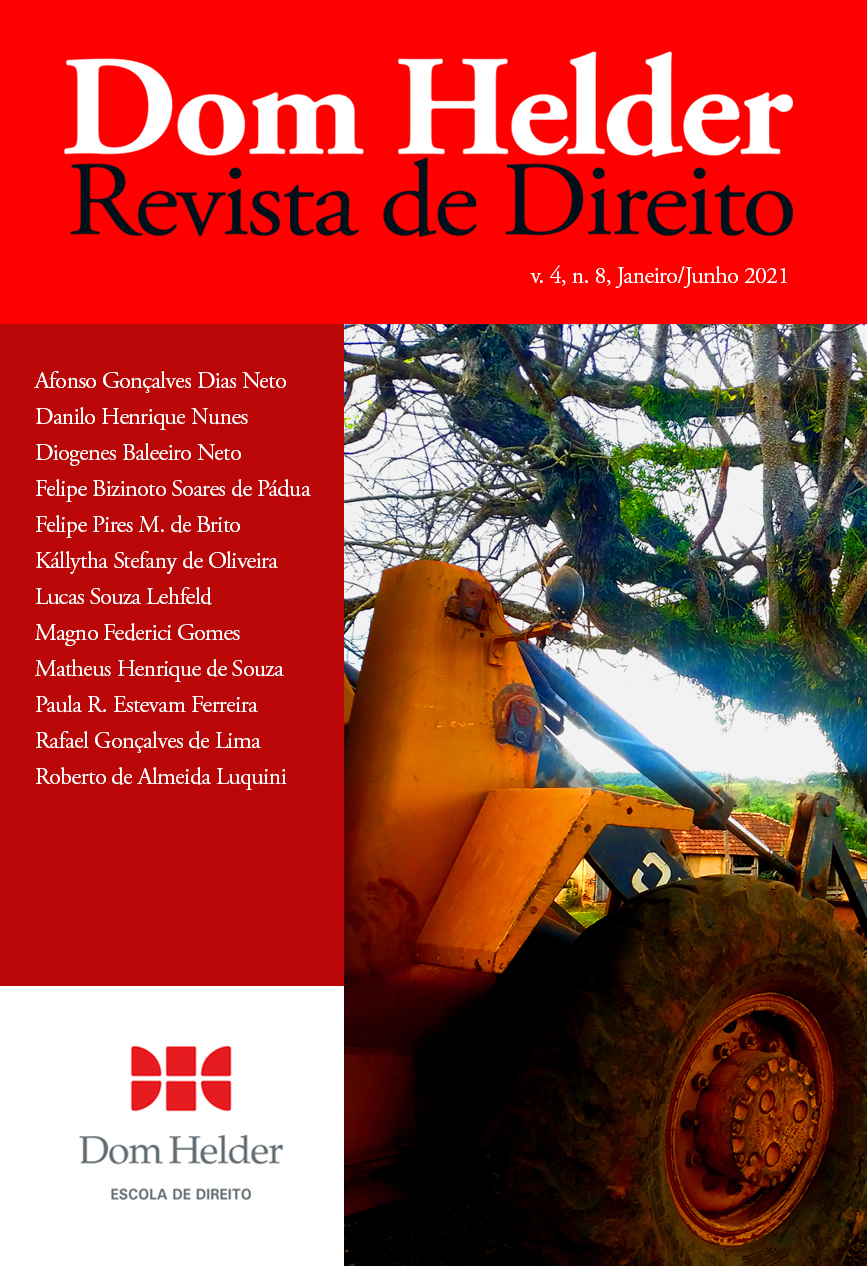IRDR COMO PROCEDIMENTO-MODELO: A DESSUBJETIVAÇÃO DAS DEMANDAS REPETITIVAS
Main Article Content
Abstract
The present work aims to identify the legal nature of the Brazilian Repetitive Demand Resolution Incident (IRDR), in order to stabilize the understanding regarding the formation of a precedent based on the selection and resolution of a specific concrete case (pilot cause), similar to the method of repetitive appeals, or through an autonomous procedure and disconnected from the judicialized demand (model procedure). The study was developed from a confrontation between Brazilian and German Civil Procedure Law, identifying the concept, the historical origin and the systematization of the precedent system in CPC / 2015. It is concluded, in the end, that, despite numerous legislative flaws and omissions, the IRDR, as a mechanism with binding effects, aims at solving the problem of jurisprudential dispersion faced by the Judiciary, thus being a method different from those previously provided for in the Brazilian law to elucidate individual and subjective conflicts.
Article Details
I (we) submit this article which is original and unpublished, of my (our) own authorship, to the evaluation of the Dom Helder Journal of Law, and agree that the related copyrights will become exclusive property of the Journal, being prohibited any partial or total copy in any other part or other printed or online communication vehicle dissociated from the Dom Helder Journal of Law, without the necessary and prior authorization that should be requested in writing to Editor in Chief. I (we) also declare that there is no conflict of interest between the articles theme, the author (s) and enterprises, institutions or individuals.
I (we) recognize that the Dom Helder Journal of Law is licensed under a CREATIVE COMMONS LICENSE.




